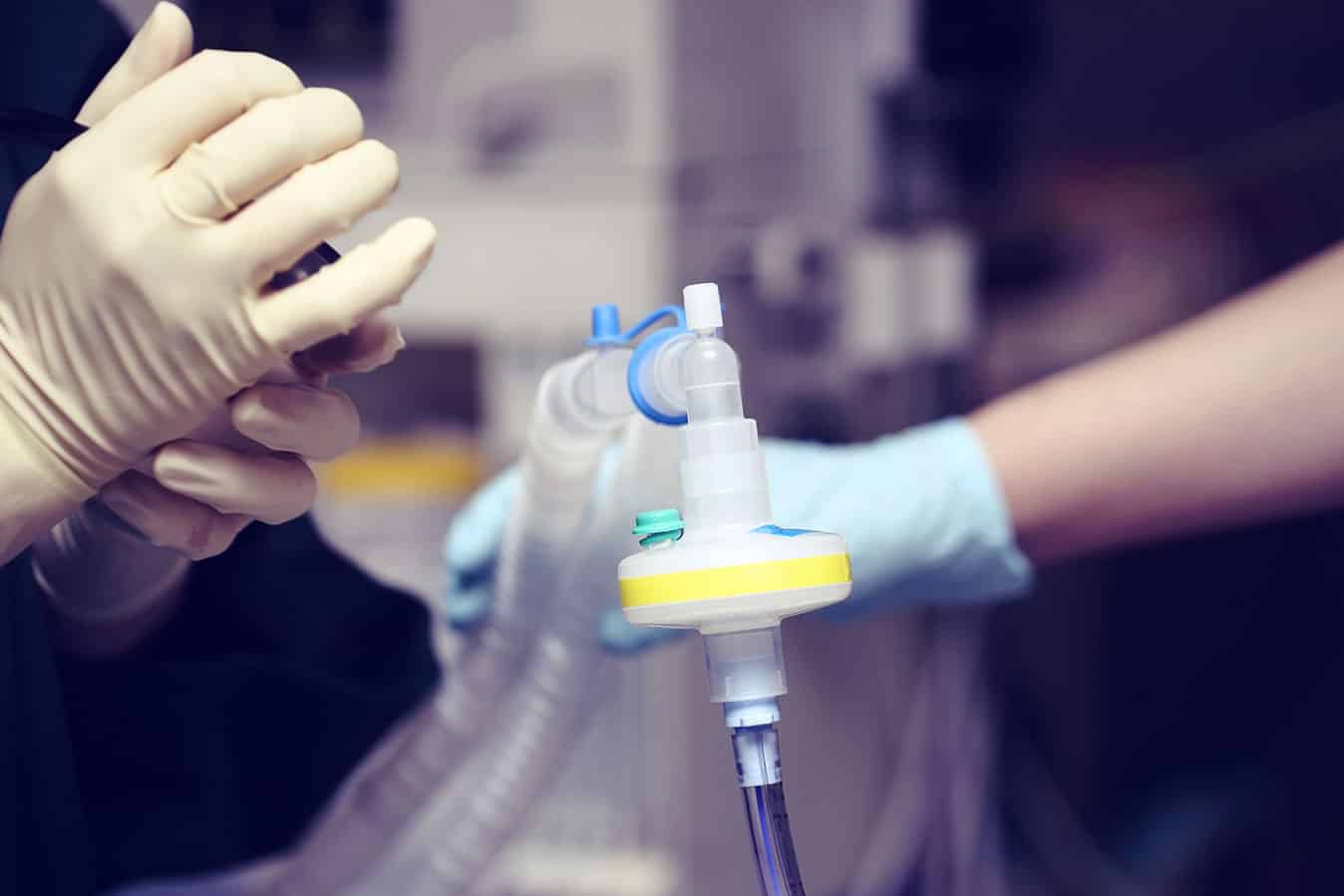Cordless sensors, artificial intelligence and cutting-edge technology will play a key role in hospital intensive care units of the future, with current machines and monitors set to be replaced by holistic healing spaces tailored to each patient’s needs, according to forward-thinking clinicians.
The predictions were presented at the inaugural Advanced Diagnostics and Physiological Monitoring in Critical Care Symposium, held in Brisbane last month.
Delegates heard that person-centred care and allied health services, such as physiotherapy, would play a larger role in the treatment of critically ill patients moving forward.
“The future ICU will have more advanced technologies, but these will be less visible to patients,” Mater Director of Intensive Care Medicine, Associate Professor Nai An Lai said.
“ICUs will look more like healing spaces rather than rooms filled with monitors and machines.
“Artificial intelligence will assist clinicians who will be alerted early to any significant changes in a patient’s condition. This machine learning will allow us to monitor patient data and predict any changes in their condition.”
Mobility would be encouraged earlier in patients’ recovery through physical rehabilitation being part of intensive care treatment, Associate Professor Lai added.
“There will be a more multidisciplinary approach to care that will include allied health services early in treatment,” he said.
“This change in the model of care will empower patients and families to contribute more significantly to their treatment and recovery and will allow staff to deliver more personalised care.”
Mater infectious diseases physician Dr Ian Gassiep told the symposium that the COVID-19 pandemic had placed ICUs in the spotlight.
“As clinicians, we have had to work incredibly hard to keep pace with the rapid evolution of COVID-19 in terms of detection, diagnosis and treatment,” he said.
“The skills and practices we’ve have learned throughout the global pandemic is leading to new technologies and innovations to improve patient care in ICUs in the future.”
This event marked the first time an international symposium has been held on diagnosing and monitoring technology for ICU patients, with more than 150 doctors, nurses and allied health specialists from Australia and New Zealand attending the online forum.








